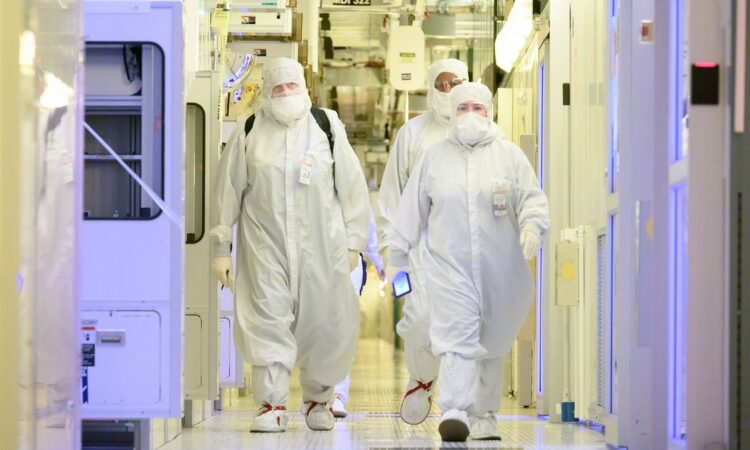
U.S. undersecretary of state for economic growth Jose Fernandez announced that the U.S., under the CHIPS and Science Act, will invest in Vietnam’s semiconductor industry in a bid to diversify supply chains and reduce dependency on China. This move appears to be part of a larger $500 million global initiative to enhance semiconductor training, cybersecurity, and business climates in seven targeted countries, including Vietnam, according to a report from Nikkei.
Vietnam is not known for its chip manufacturing capabilities, as it does not have any — but Intel’s test and assembly facility near Ho Chi Minh City is vital to its worldwide supply chain. Furthermore, there are many companies that assemble electronics in Vietnam, so the country indeed consumes a lot of chips and already plays an important role in the global electronics supply chain. Over time, Vietnam could develop its own semiconductor prowess, Fernandez believes. This sentiment is shared by Nvidia.






